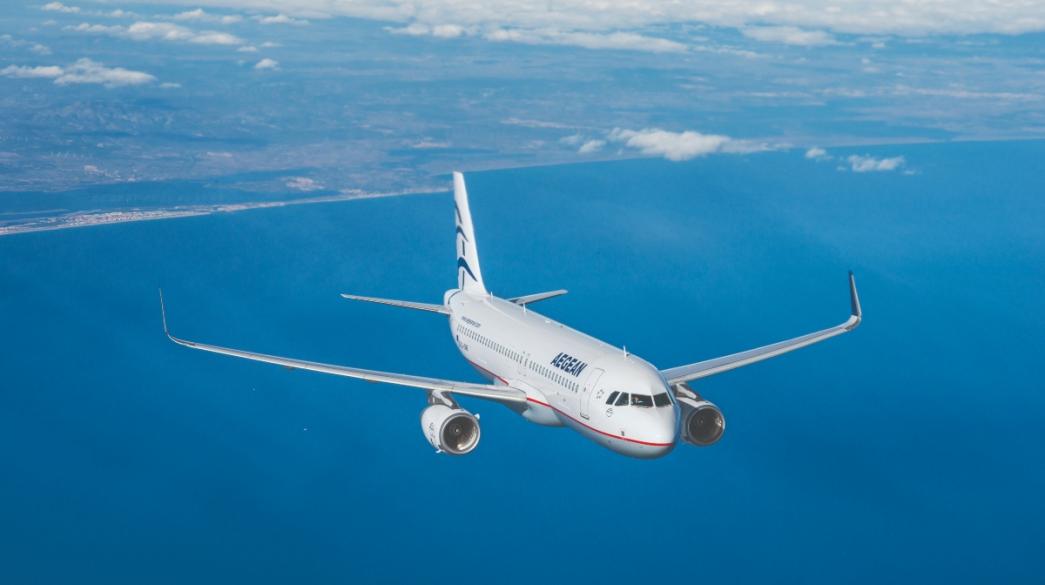The government has included a mechanism that allows Aegean from preventing it to take a minority (11.5%) stake in the company in a rescue plan submitted to parliament late yesterday.
The plan, which has been agreed with the European Commission, foresees the government providing 120 million euros in aid to the company to cover losses arising from the pandemic, on the condition that shareholders also contribute 60 million euros in fresh capital.
The legislation was submitted to parliament late last night, so that the implementation of the rescue plan for Greece’s dominant airline can begin immediately. At the same time, major European airlines have long since completed their own state-funded bailouts and are beginning to discuss new plans for government support, as Europe faces a third wave of pandemics and airline prospects deteriorate rapidly. In January, airline shares on the European Stoxx 600 index have booked losses of 10% (Aegean shares have dipped by 11.6% for the same period).
As described in the legislation, the support plan does not differ from what has already been announced, with the exception of the mechanism preventing the state from taking a stake in the company.
From the outset, the government has made it clear that it is not interested in getting involved in the aviation industry, despite other European governments have received airline shares in exchange for financial support provided. On the contrary, the Greek government, possibly as a result of its traumatic involvement in Olympic airlines, agreed only to receive rights to acquire shares in the future. It seems, however, that even these rights won’t be converted into shares since the legislation provides that the company will be able to offer a compensation to avoid issuance shares in favor of the state.
In particular, the law provides for financial assistance, in the form of a direct grant, to Aegean to repair the damage caused by the pandemic, amounting to 120 million euros, provided that the company has raised its share capital by raising funds 60 million euros. Immediately after, the Greek state will receive stock warrants, giving it the ability to acquire a stake in Agean.
The right may be exercised at least two years after the completion of the share capital hike. That is, the government will be able to ask Aegean to issue new shares corresponding to a 11.5% stake at the cost new shares issued at this year’s share capital increase.
In practice, however, this is unlikely to happen, as legislation gives Aegean the opportunity, within 60 days of the state requesting it to exercise its right, to buy the warrants at their market value.
A difficult capital equation
The management of Aegean is currently faced with a difficult equation in its bid to move ahead with a share capital hike. Although the fresh capital is needed to clinch state aid of 120 million euros, the factors that create intense uncertainty are many and powerful, creating significant risks for those contributing new capital to the company.
For example, while in the last two months of 2020 the company's share skyrocketed almost 100% higher, thanks to optimism created by announcements on vaccines, Europe is on the verge of a third wave of the pandemic, travel restrictions are increasing and the vaccination roll out process is delayed, raising doubts as to whether there will be a real recovery in aviation and tourism this year.
Under these conditions, the participation of investors in the share capital increase is not certain, as expected a short while ago, since no one can rule out the possibility of a very slow recovery of Greek tourism in 2021, which will weigh on the airline’s performance. Thus, forecasts the management will proceed with in its share capital prospectus for this year will be of particular interest.





